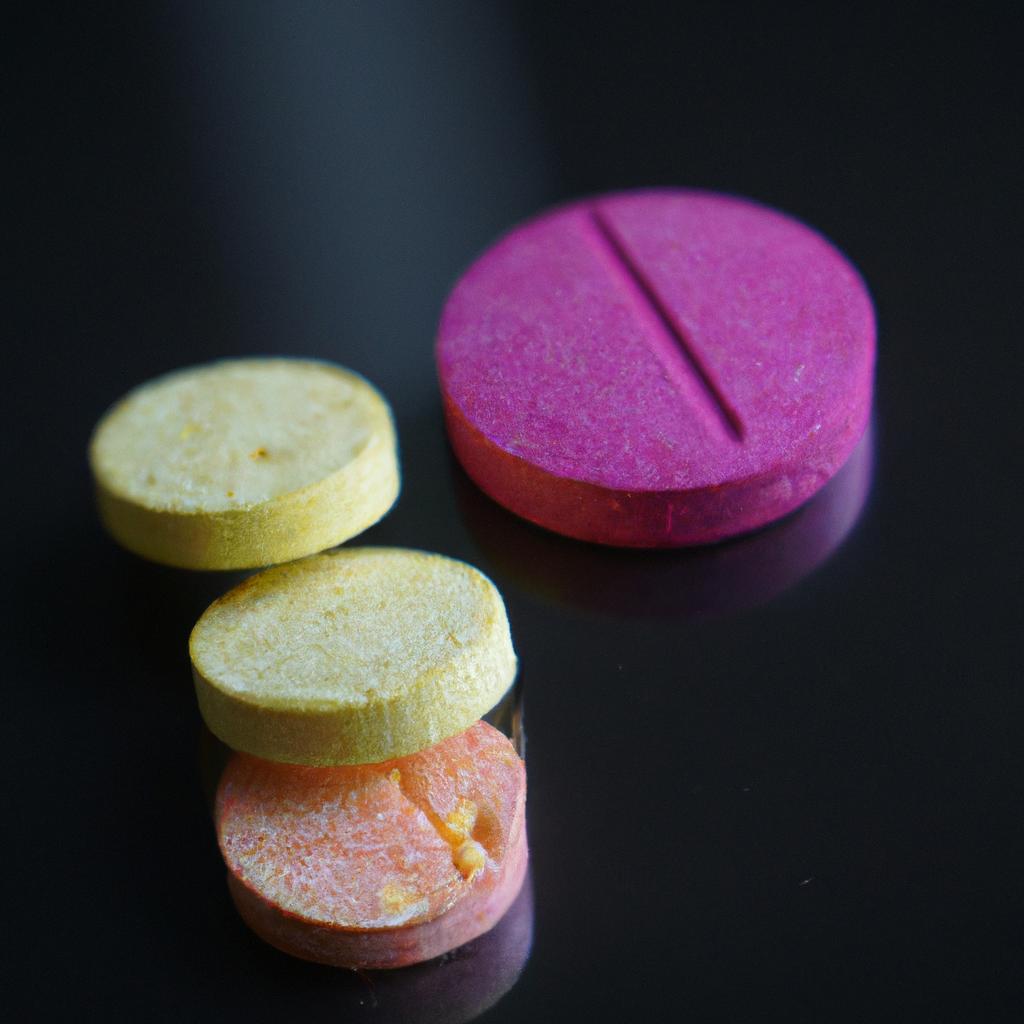The Role of Micronutrients in Enhancing Recovery: How Vitamins and Minerals Support Post-Workout Healing
# The Role of Micronutrients in Enhancing Recovery: How Vitamins and Minerals Support Post-Workout Healing
In the world of fitness and exercise, the focus often lies on macronutrients—carbohydrates, proteins, and fats—as crucial components for fueling the body and supporting muscle growth. However, the importance of micronutrients—vitamins and minerals—cannot be overlooked, especially when it comes to recovery after a workout. These tiny but mighty compounds play a significant role in the body’s healing processes, helping to reduce inflammation, repair tissues, and replenish energy stores. In this blog post, we will explore how micronutrients enhance recovery, offer nutrition tips, provide exercise advice, and discuss the broader health benefits of these essential nutrients.
## Understanding Micronutrients and Their Role in Recovery
### What Are Micronutrients?
Micronutrients refer to the vitamins and minerals that the body requires in smaller amounts, yet they are vital for various physiological functions. Unlike macronutrients, which provide energy, micronutrients support the biochemical reactions necessary for maintaining health, including recovery from exercise.
### How Micronutrients Aid Recovery
Micronutrients contribute to recovery in several ways, including:
– **Cell Repair**: Vitamins such as Vitamin C and E are antioxidants that help protect cells from damage and promote healing.
– **Energy Metabolism**: B vitamins play a crucial role in converting the food we eat into energy, which is essential for post-workout recovery.
– **Bone Health**: Minerals like calcium and magnesium are key players in maintaining bone density and muscle function, reducing the risk of injury.
## Nutrition Tips for Maximizing Recovery
To optimize recovery, it’s essential to incorporate a variety of micronutrients into your post-workout meals. Here are some practical nutrition tips:
### Prioritize Whole Foods
Include a variety of fruits, vegetables, whole grains, lean proteins, and healthy fats in your diet. Foods rich in antioxidants, such as berries, leafy greens, and nuts, can aid in reducing inflammation.
### Consider Supplements Wisely
While it’s best to obtain nutrients from whole foods, some individuals may benefit from supplements, particularly if they have dietary restrictions. Consult with a healthcare professional to determine what might be necessary based on your specific needs.
### Hydration Matters
Don’t forget about hydration! Water-soluble vitamins, such as B vitamins and Vitamin C, require adequate fluid intake for optimal absorption and utilization in the body. Electrolytes like sodium and potassium are also crucial for replenishing after exercise.
## Exercise Advice for Enhanced Recovery
### Timing Your Workouts
When it comes to exercise, the timing can significantly impact recovery. Opt for a balanced post-workout meal or snack within 30 to 60 minutes after exercising. This meal should ideally include a mix of protein, carbohydrates, and micronutrients to promote muscle repair and replenish glycogen stores.
### Incorporate Active Recovery
Active recovery, such as light walking, yoga, or stretching, can improve blood circulation and facilitate nutrient delivery to muscles. This method can enhance the recovery process and help alleviate soreness.
### Listen to Your Body
Pay attention to how your body responds to different types of workouts and recovery strategies. Adjust your routine based on your energy levels, recovery needs, and overall well-being.
## Health Benefits of Micronutrients
### Immune Function
A well-balanced intake of vitamins and minerals supports a robust immune system. Nutrients like Vitamin D, zinc, and selenium play vital roles in immune function, helping the body fend off illnesses, especially during times of intense training.
### Bone Density and Muscle Health
Calcium, Vitamin D, and magnesium are crucial for maintaining strong bones, which is particularly important for athletes and active individuals. A deficiency in these micronutrients can lead to an increased risk of fractures and injuries.
### Mental Well-Being
Certain vitamins and minerals, such as omega-3 fatty acids, B vitamins, and magnesium, have been linked to improved mood and mental clarity. A healthy mind can enhance motivation and performance during workouts, creating a positive feedback loop for recovery.
## Conclusion
In summary, micronutrients play a vital role in enhancing recovery from exercise, supporting everything from cell repair to immune function. By prioritizing a balanced diet rich in vitamins and minerals, timing post-workout nutrition effectively, and listening to your body, you can optimize your recovery process and improve overall health. Incorporating these small yet significant nutrients into your routine can lead to substantial benefits, ensuring that you not















Post Comment